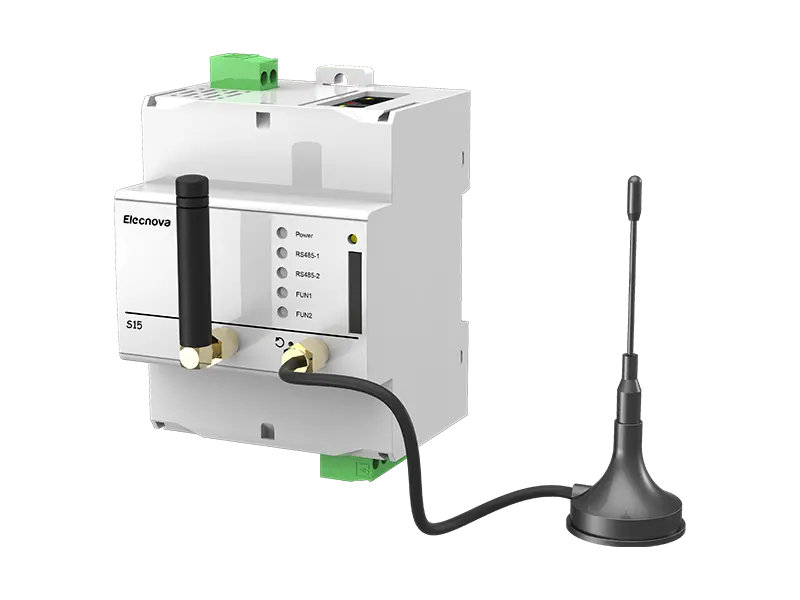In the rapidly evolving automotive manufacturing industry, automotive parts companies play a crucial role in the supply chain. Their production efficiency and energy management directly impact the competitiveness of the entire industry. Given the specific needs of companies producing key components like car engines and chassis, an efficient, intelligent, and seamlessly integrated energy management system is essential. This is where a cloud-based energy management system demonstrates its unique advantages.
Cloud-Based Energy Management System: Building Independent and Shared Energy Monitoring Networks
In automotive parts manufacturing facilities, the energy management needs across different areas and the entire plant's power distribution rooms are complex and diverse. The cloud-based energy management system, with its robust network access capabilities, easily integrates various energy consumption collection terminals, enabling centralized monitoring, measurement, and management of energy data. This system operates independently to ensure data security and stability while also supporting data sharing with third-party platforms, breaking down traditional information barriers in energy management, and bringing unprecedented flexibility and convenience to corporate energy management.
Real-Time Energy Monitoring: Visual Insights into Energy Consumption Dynamics
The cloud based energy management system provides 24/7 monitoring of energy consumption data, presenting data trends through diversified statistical methods and visual charts. This not only reduces the cost of obtaining real-time energy consumption data but also helps automotive parts companies monitor energy consumption at any time, providing strong support for precise decision-making.
Comprehensive Energy Consumption Analysis and Energy Flow Tracing: Full Control of Energy Utilization
The system tracks and manages energy throughout its entire lifecycle and across various stages, providing customized statistical reports with data on energy by category, region, and sub-units. It also visually displays the monthly and annual energy consumption panorama using Sankey diagrams, tracing the flow of energy to help companies thoroughly analyze their energy usage structure, providing scientific evidence for energy-saving and consumption-reduction efforts.
Energy Efficiency Evaluation and Early Warning Mechanism: Accurately Identifying Energy-Saving Potential
The cloud-based energy management system, as a type of energy monitoring system, features an industry model for energy efficiency indicators, automatically comparing the company's energy efficiency levels regularly. It focuses on benchmarking the energy efficiency of critical energy consumption points, helping companies identify key areas for energy savings and analyze potential energy-saving opportunities. The system is also equipped with an energy efficiency early warning mechanism that monitors key parameters in real-time, ensuring comprehensive energy efficiency management and driving the deep development of energy-saving and consumption-reduction efforts.
Convenient Energy Consumption Queries and Focused Energy Consumption Trends: Master Energy Dynamics Anytime, Anywhere
Through the accompanying app, the cloud-based energy management system organizes multiple energy management objects within the enterprise using a map format, making it easy to query basic information, energy consumption data, and energy consumption analysis indicators for each area. It also provides a comprehensive display of historical data on the consumption of various energy types, presenting the historical trends of the company's energy utilization with multi-dimensional statistical dimensions and energy consumption data models, helping the company continuously optimize its energy management strategy.
In conclusion, the cloud-based energy management system, with its powerful functions, flexible configuration, and efficient data processing capabilities, provides automotive parts companies with a comprehensive energy management solution. It not only improves the company's energy utilization efficiency and management level but also lays a solid foundation for the company's sustainable development.

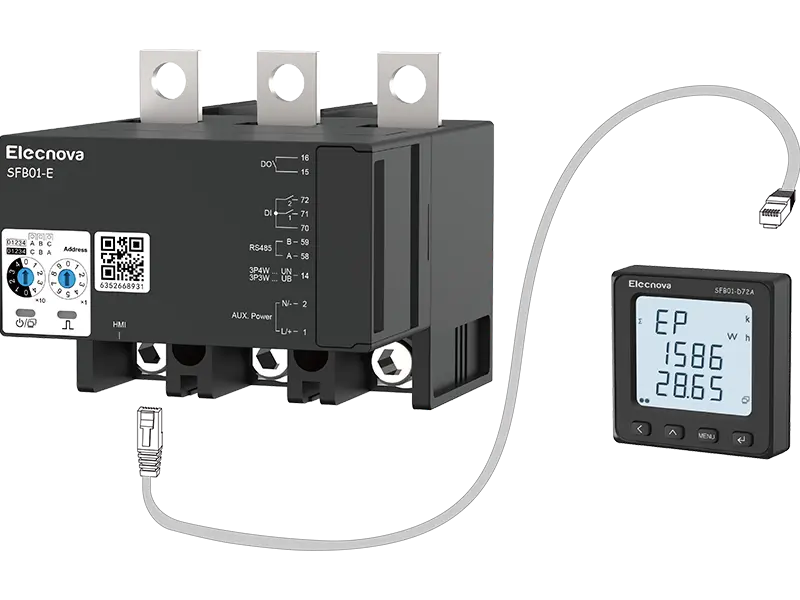

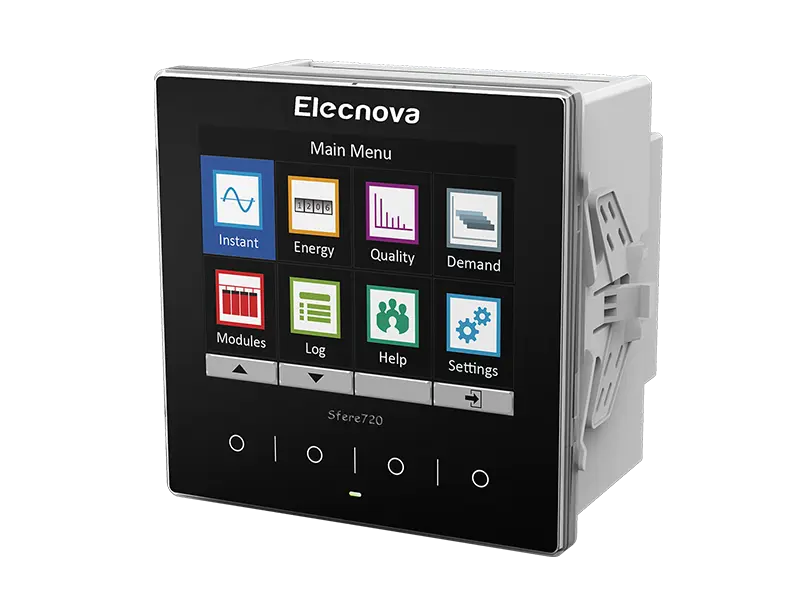
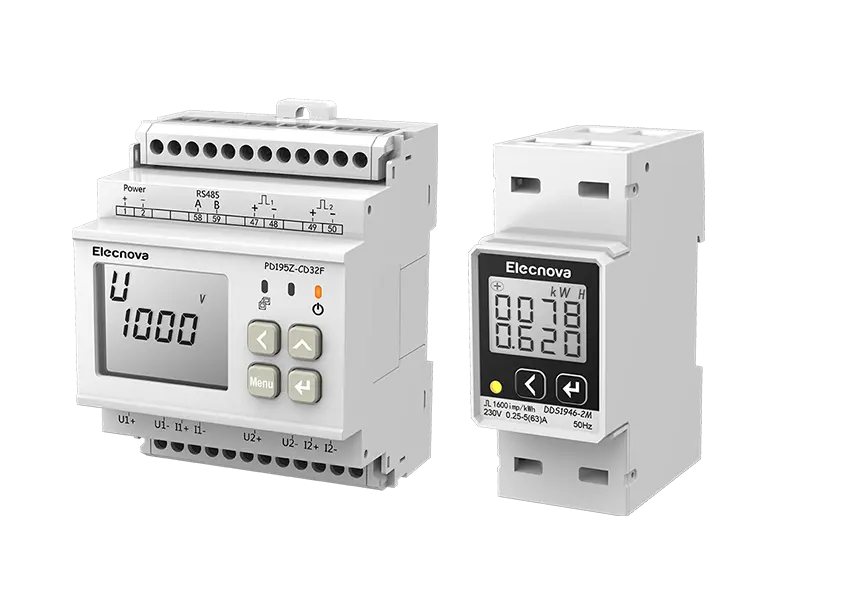

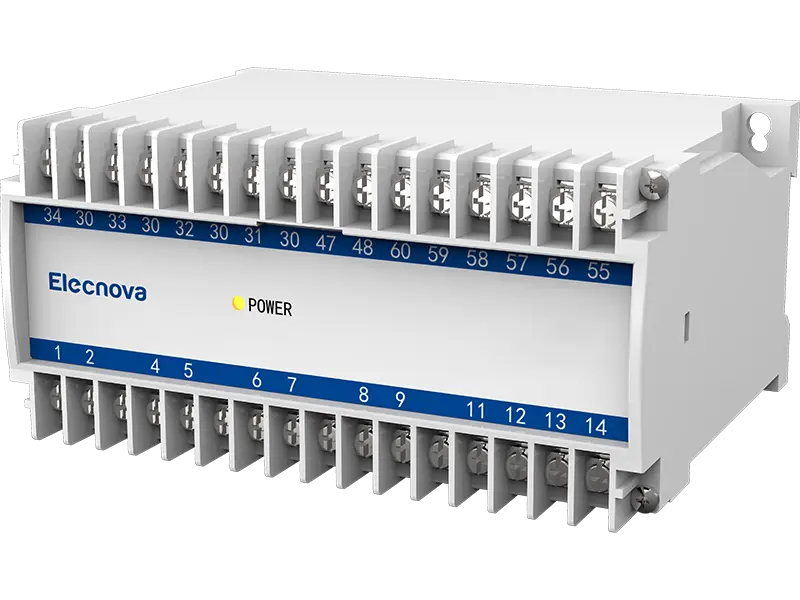
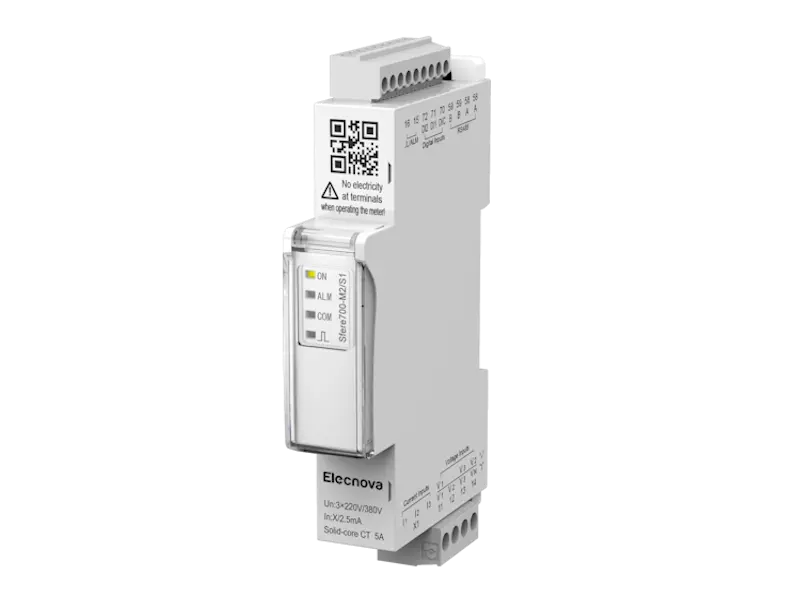
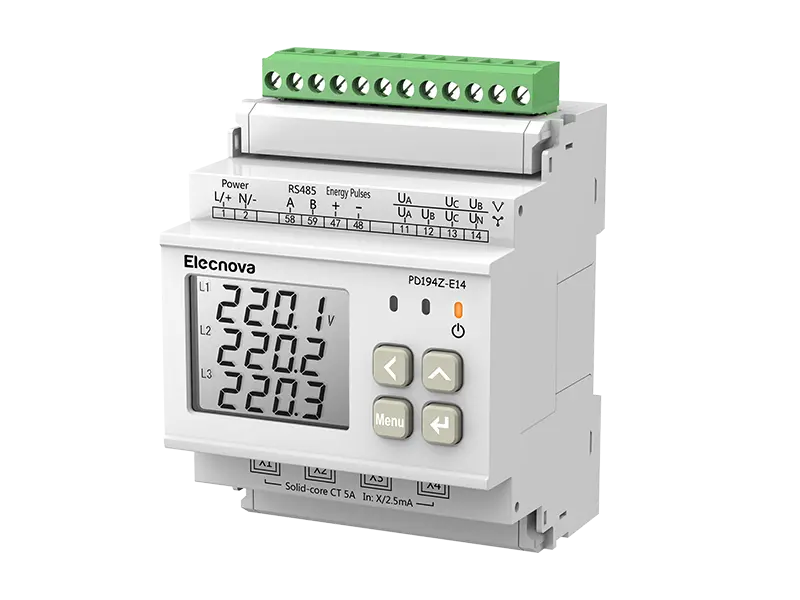
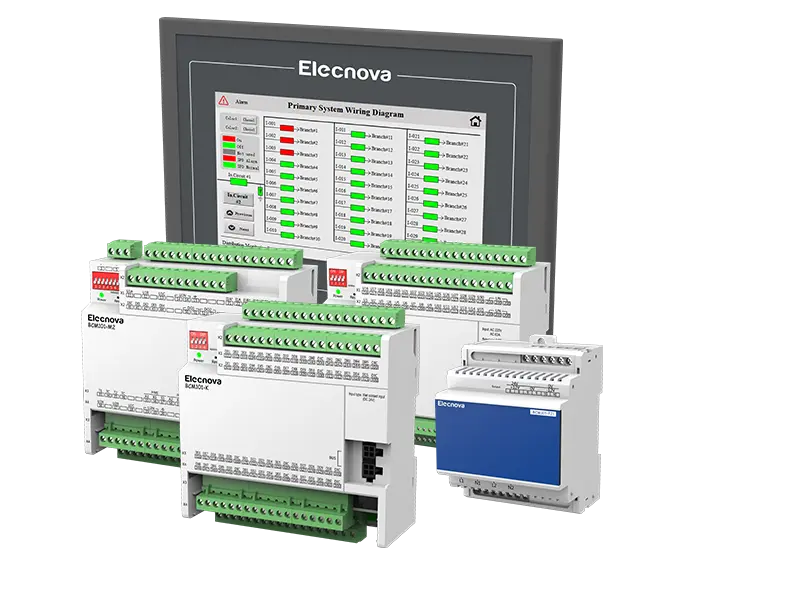
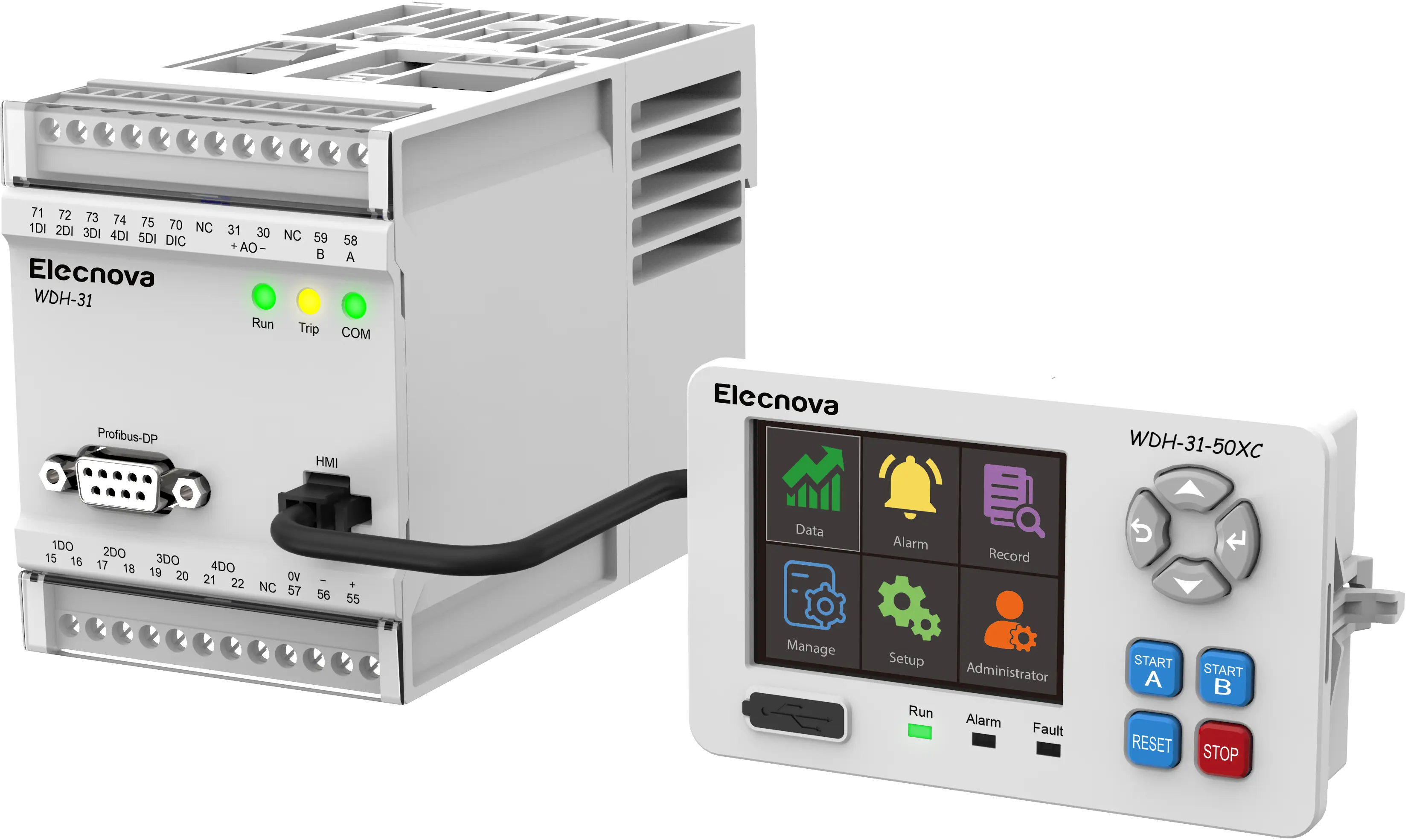

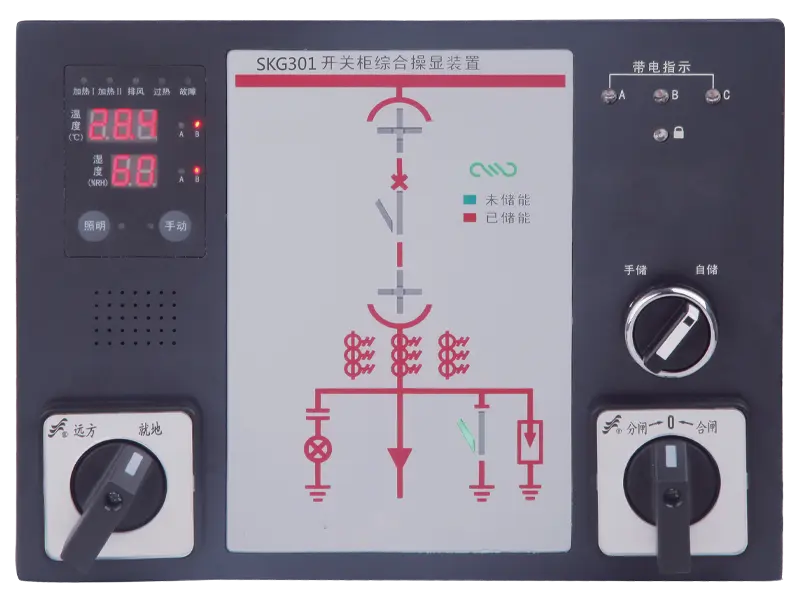
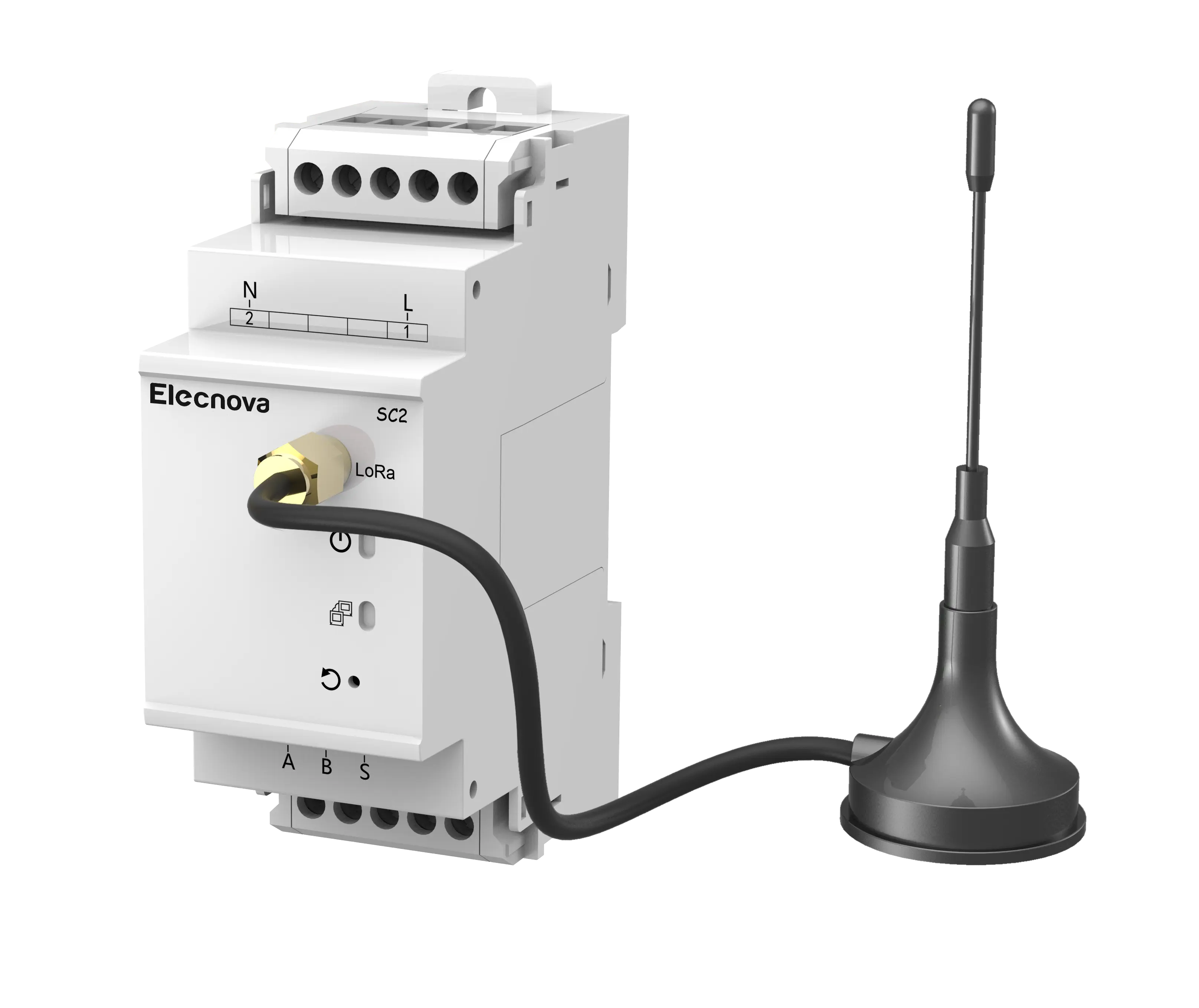
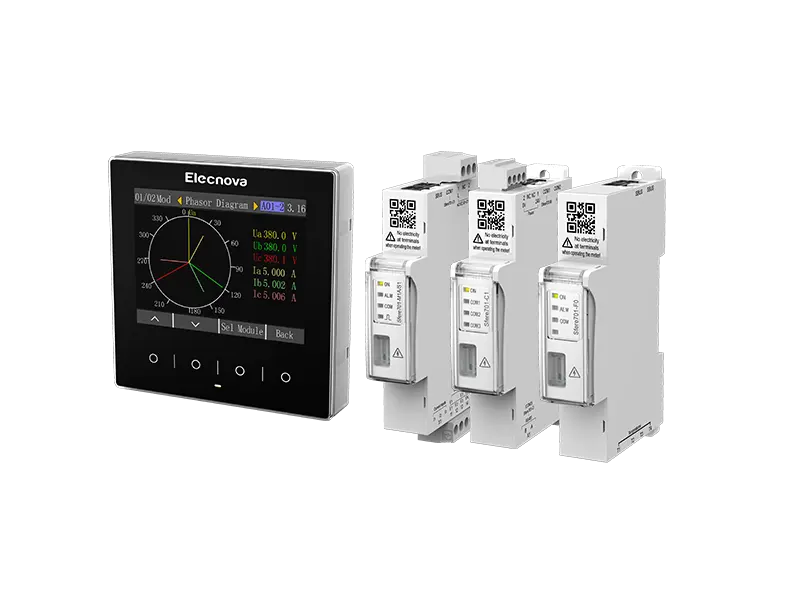

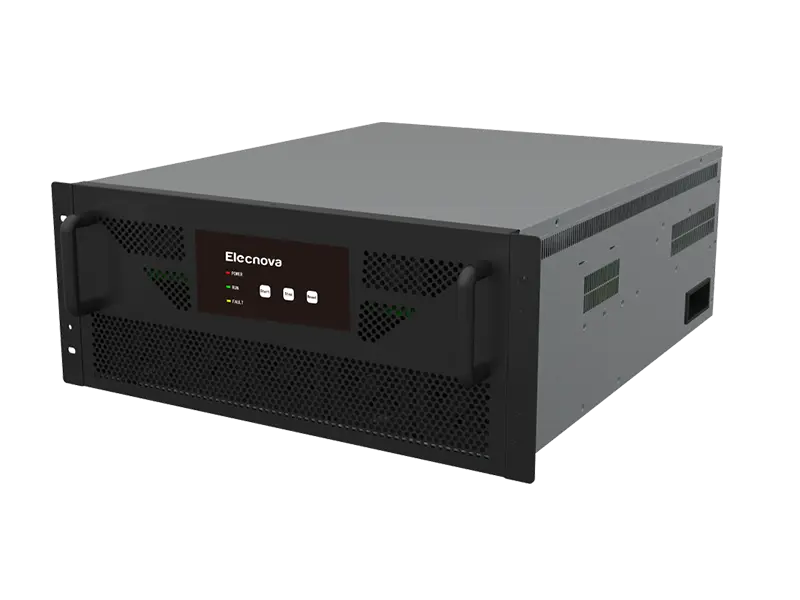
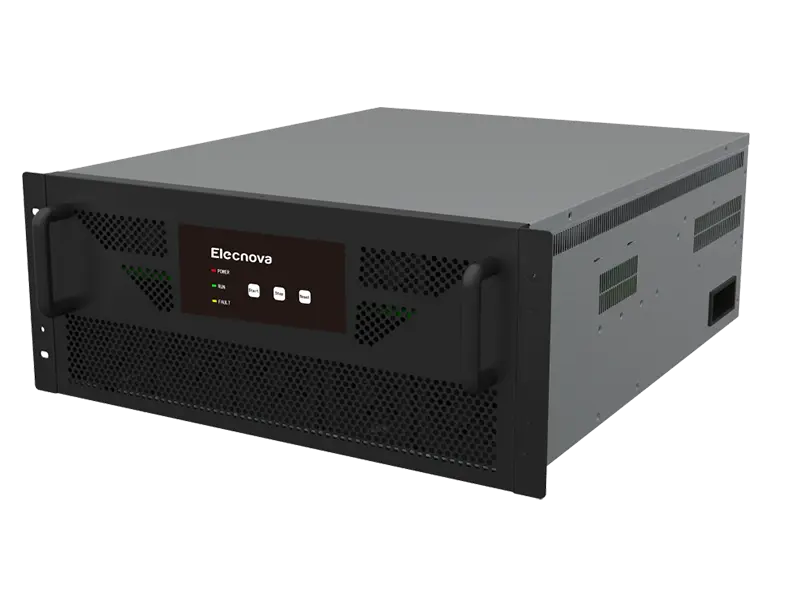


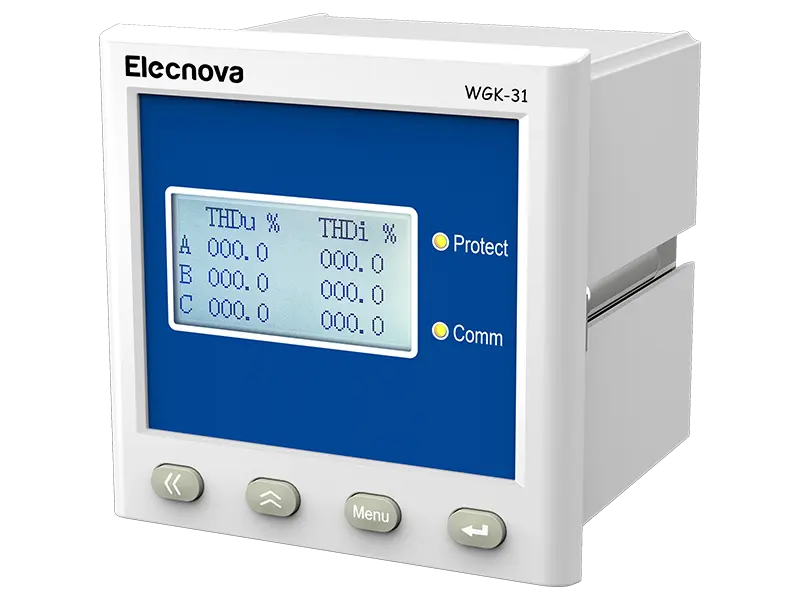
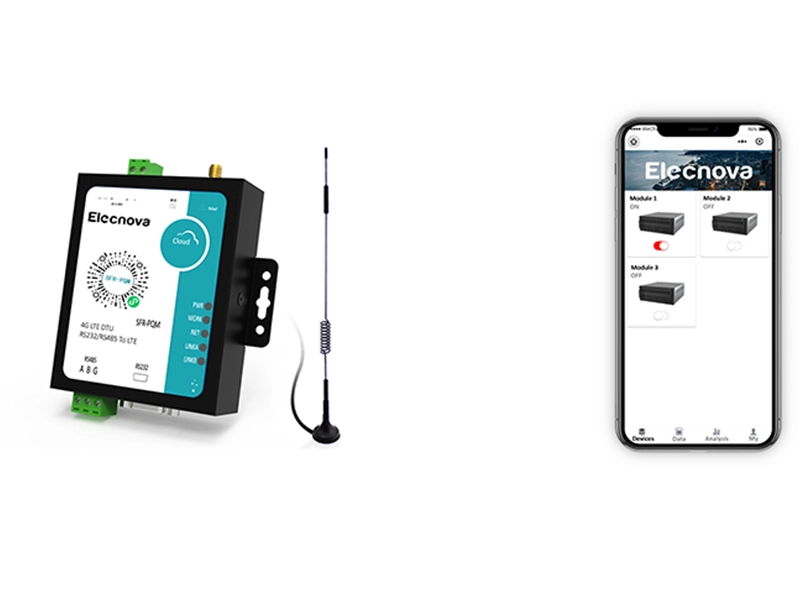
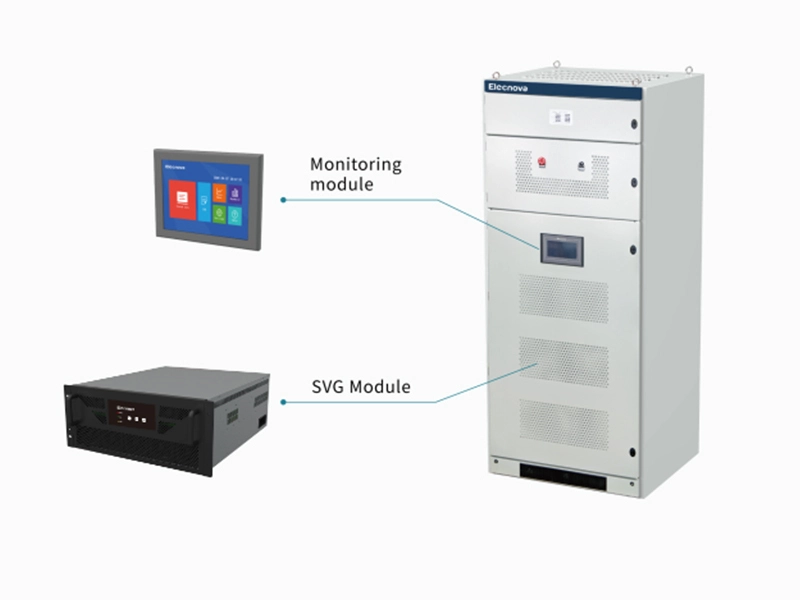

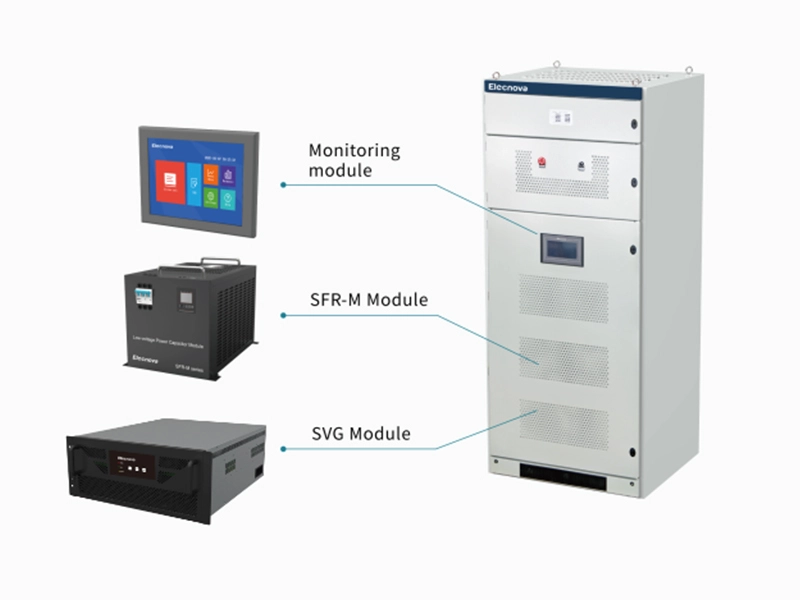
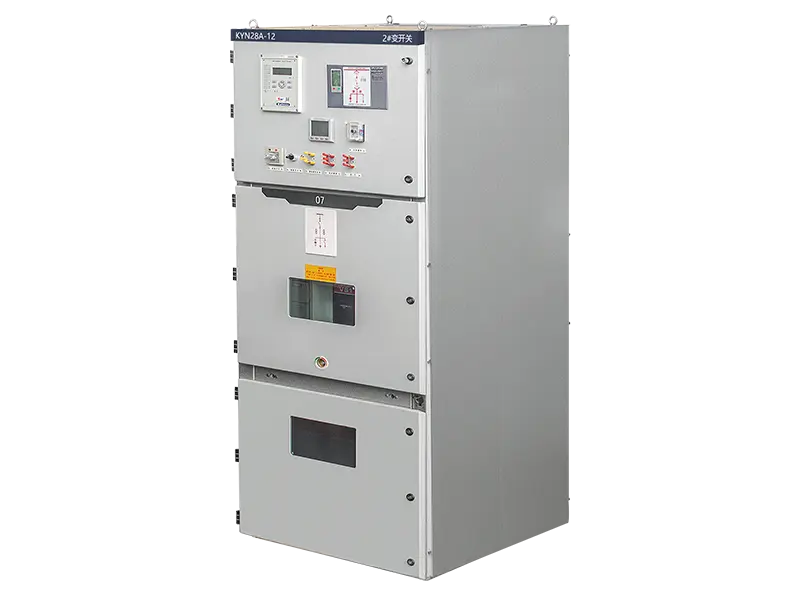




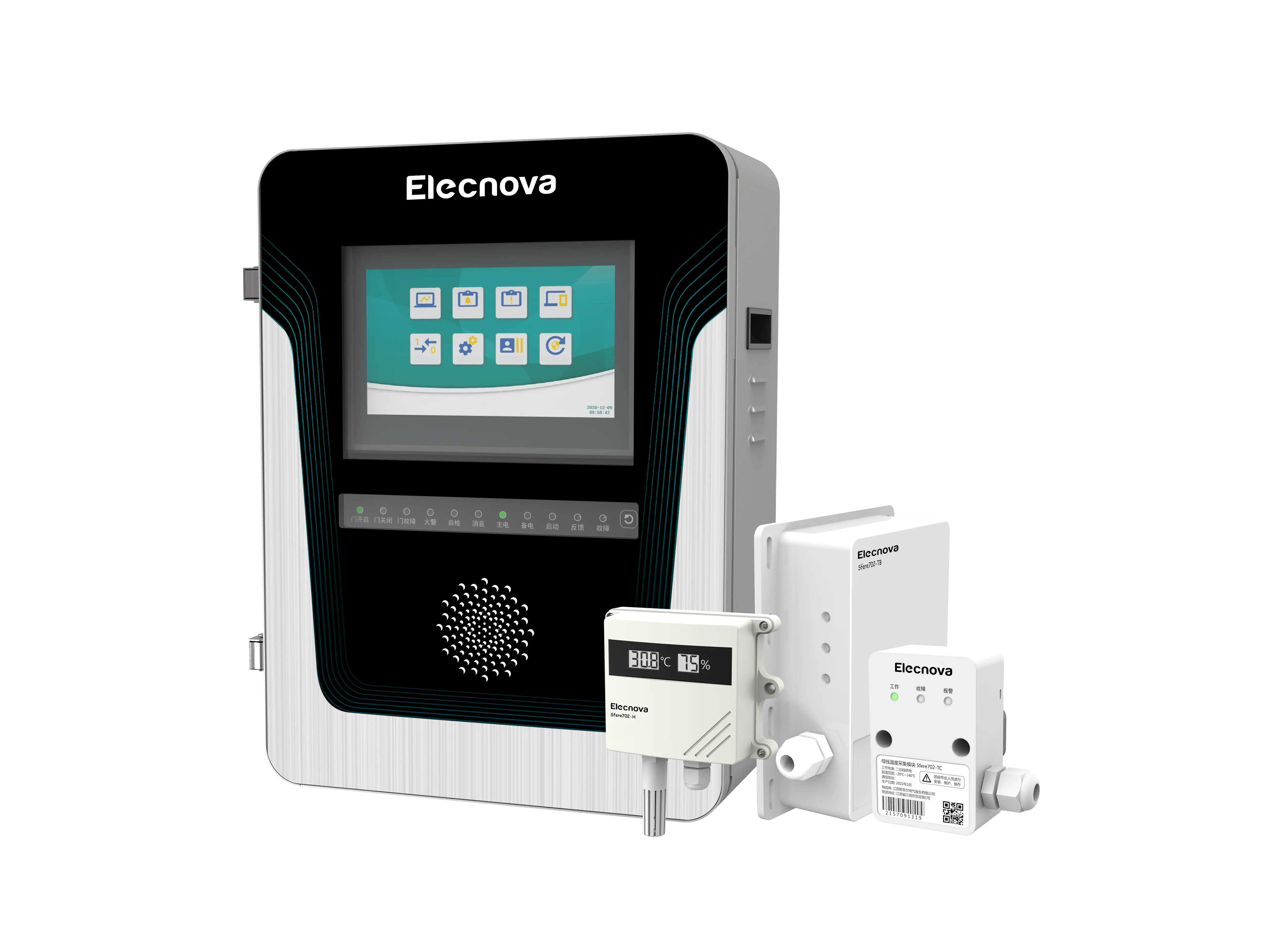


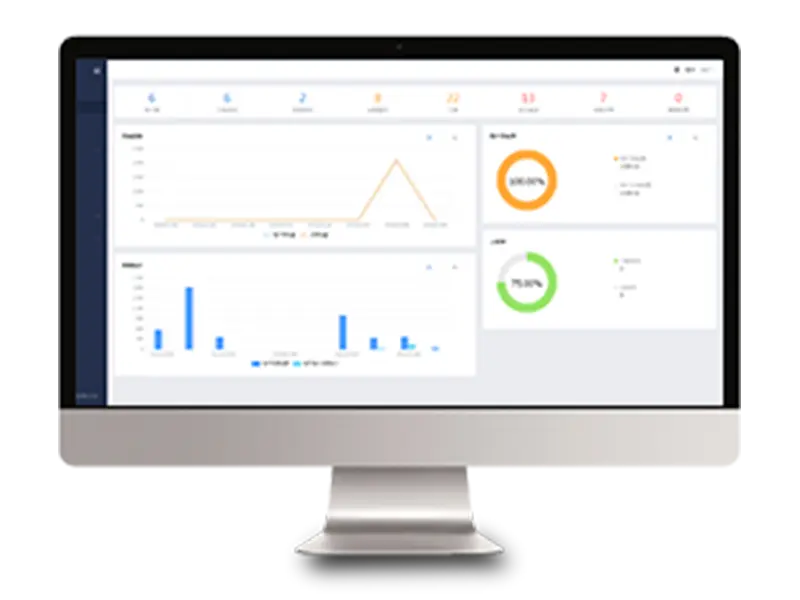
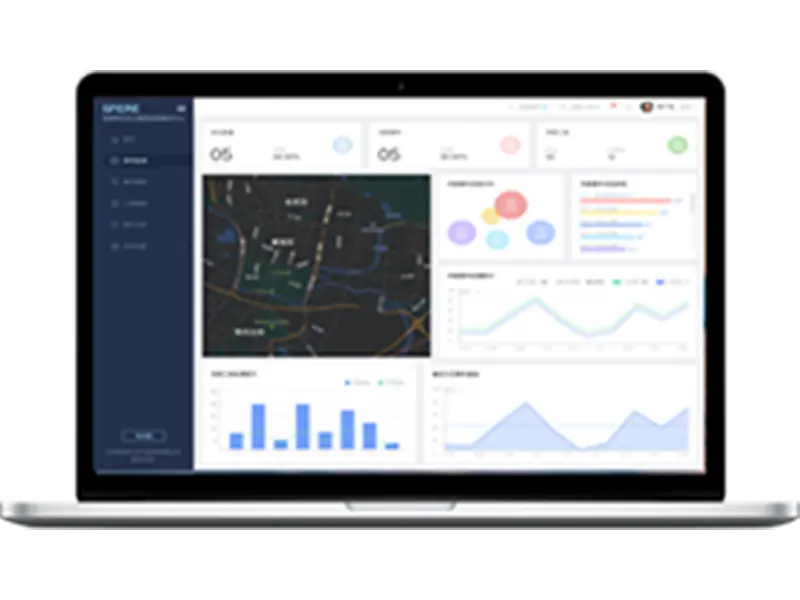
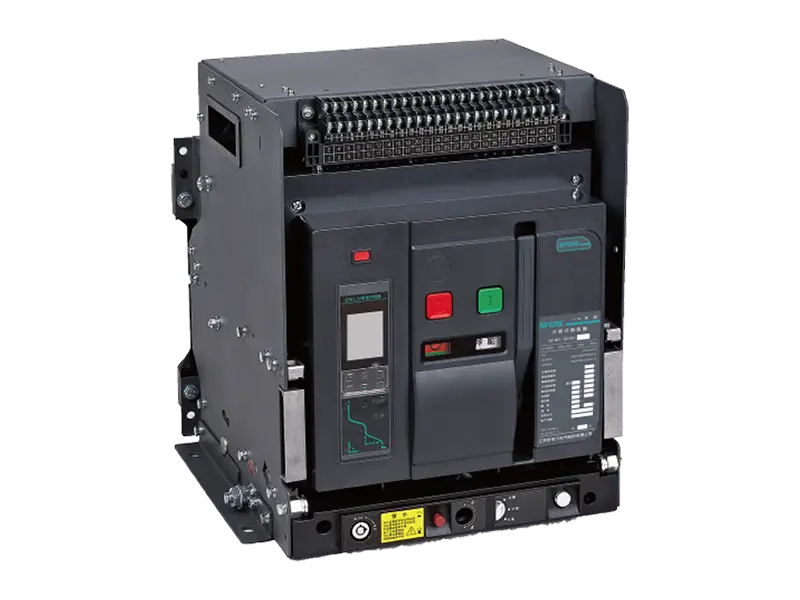
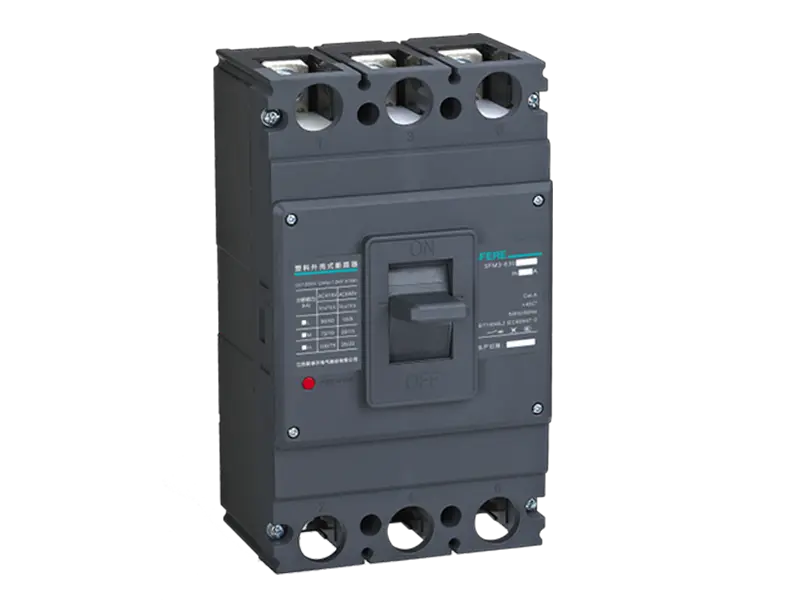
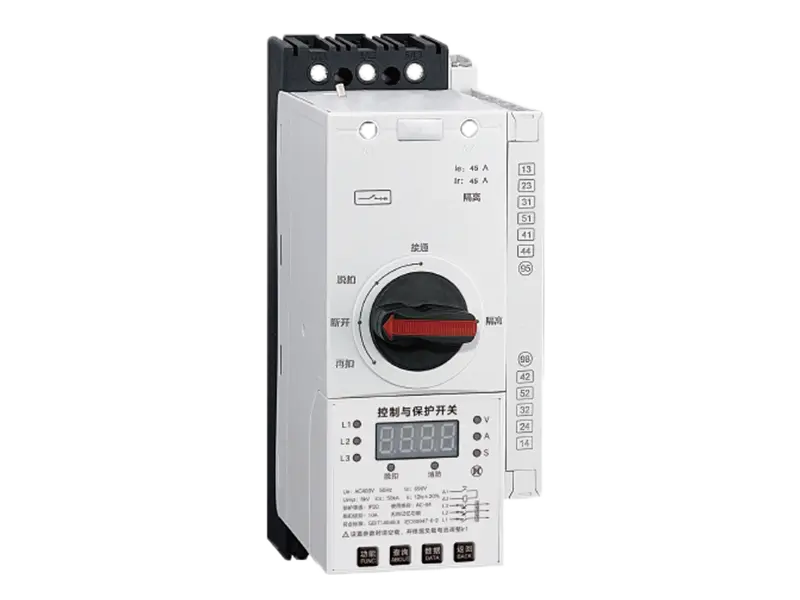

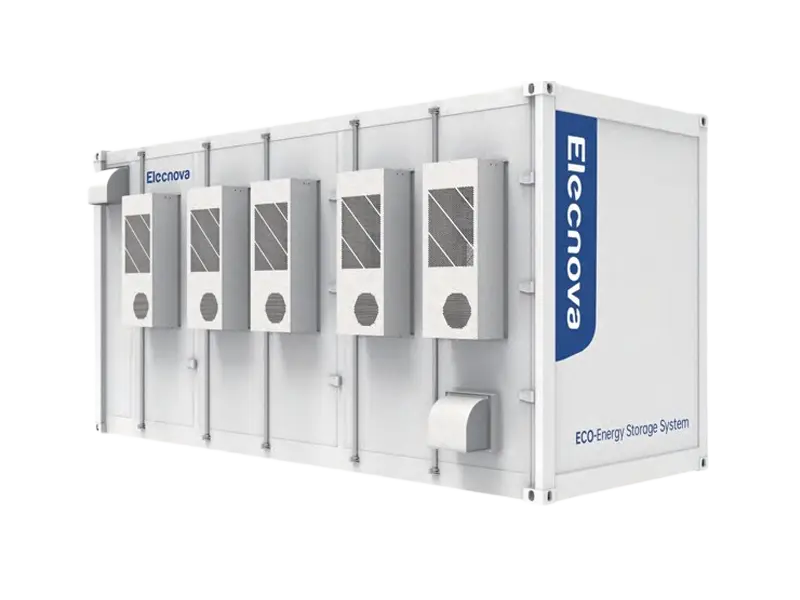


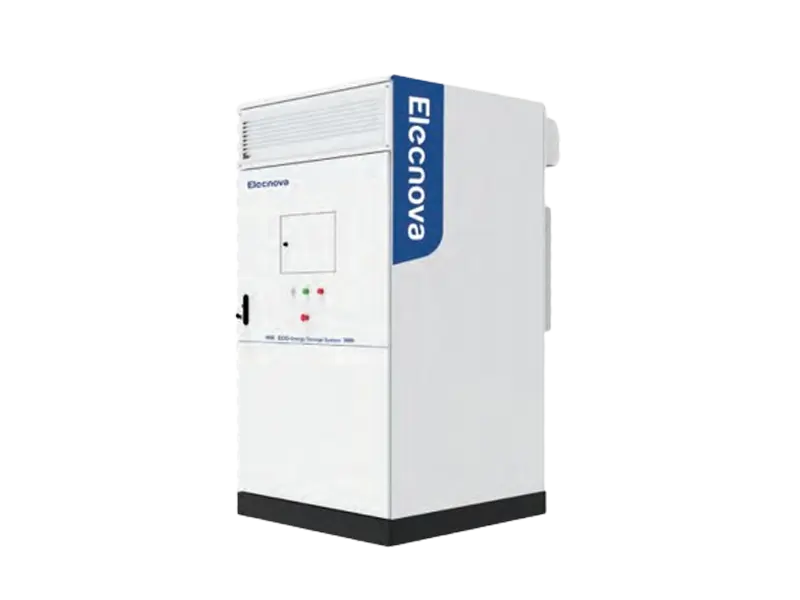


 CN
CN EN
EN
 fr
fr  de
de  es
es  it
it  ru
ru  ar
ar  vi
vi  tr
tr  th
th 
